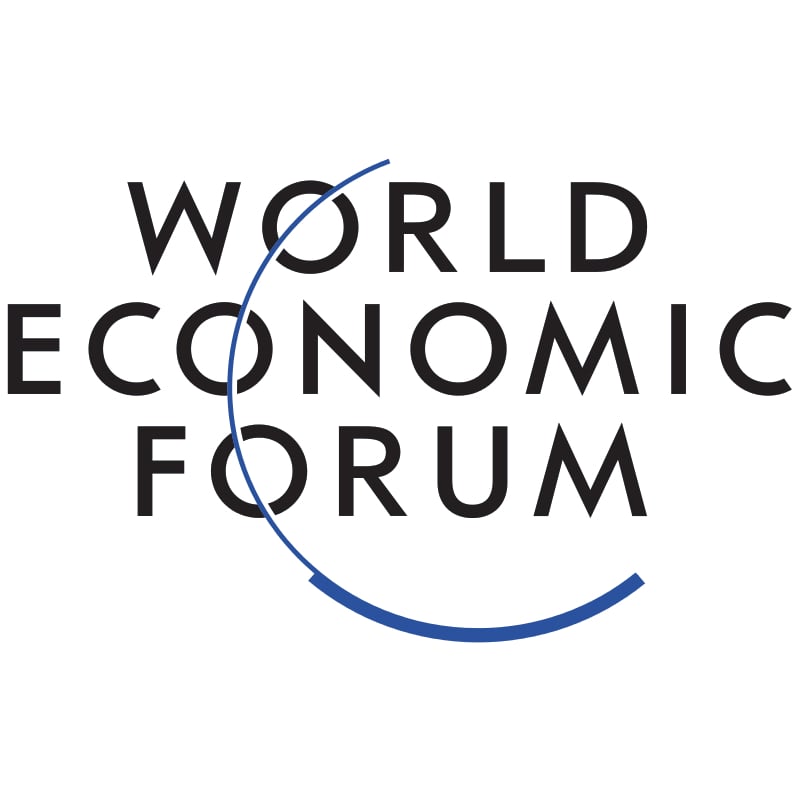Published:
The World Economic Forum has put out the 2020 version of their publication of the Global Competitiveness Report. Typically an assessment of the overall productivity and health of the world, its people, and its economy, this year's edition takes a special focus on the actions needed for revival and recovery amidst the devastating COVID-19 pandemic. This report is unique, as it does not include the typical Global Competitiveness Index Rankings—which combine a variety of economic factors like stability, skills, and market size to rank the top economies—and instead focuses on how the world economy can heal and overcome some of its most glaring obstacles.
The 2020 Global Competitveness Report delves into the inspection of three main timelines when making recommendations on how to set up the economy for future success. First, it looks at the priorities that emerged before the global health crisis we are currently facing. Second, the report tackles the challenge of restarting the economy in the present-day beyond the at-the-moment responses to COVID-19 and looks to begin the construction of long term economic policy that factors in health and sustainability. Finally, the report takes a long-term approach to ensure future economic excellence. With these three strategies in place, the report sets the basis to improve the economy based on the past, present, and future.
The meat of the report rests in its key findings. In 2020, these were comprised of four main areas: reviving and transforming the enabling environment, reviving and transforming human capital, reviving and transforming markets, and reviving and transforming the the innovation ecosystem. Reviving and transforming the enabling environment involves rebuilding the strength and principles of public institutions and the support of highly in-debt, poor countries. To revive and transform human capital, countries should look for new labor market opportunities where they can scale up reskilling and upskilling programs and should continue to expand healthcare capacity to account for our growing world. Reviving and transforming markets means reinforcing financial market stability, preventing over-consolidation within industries, and better managing international supply chains. Finally, reviving and transforming the innovation ecosystem necessitates the expansion of research and development to support the diffusion of new technologies and ideas across the world.
Ultimately, these steps will require the readiness and commitment of countries worldwide, with past leading economies like Singapore, the United States, Hong Kong, the Netherlands, and Switzerland helping to lead the charge. Like all situations, each economic classification group will have to overcome their own respective challenges to meet the reports suggestions. To read the full report and see the specific details of how these steps can be actualized, follow the link here: The Global Competitiveness Report 2020.
File under






